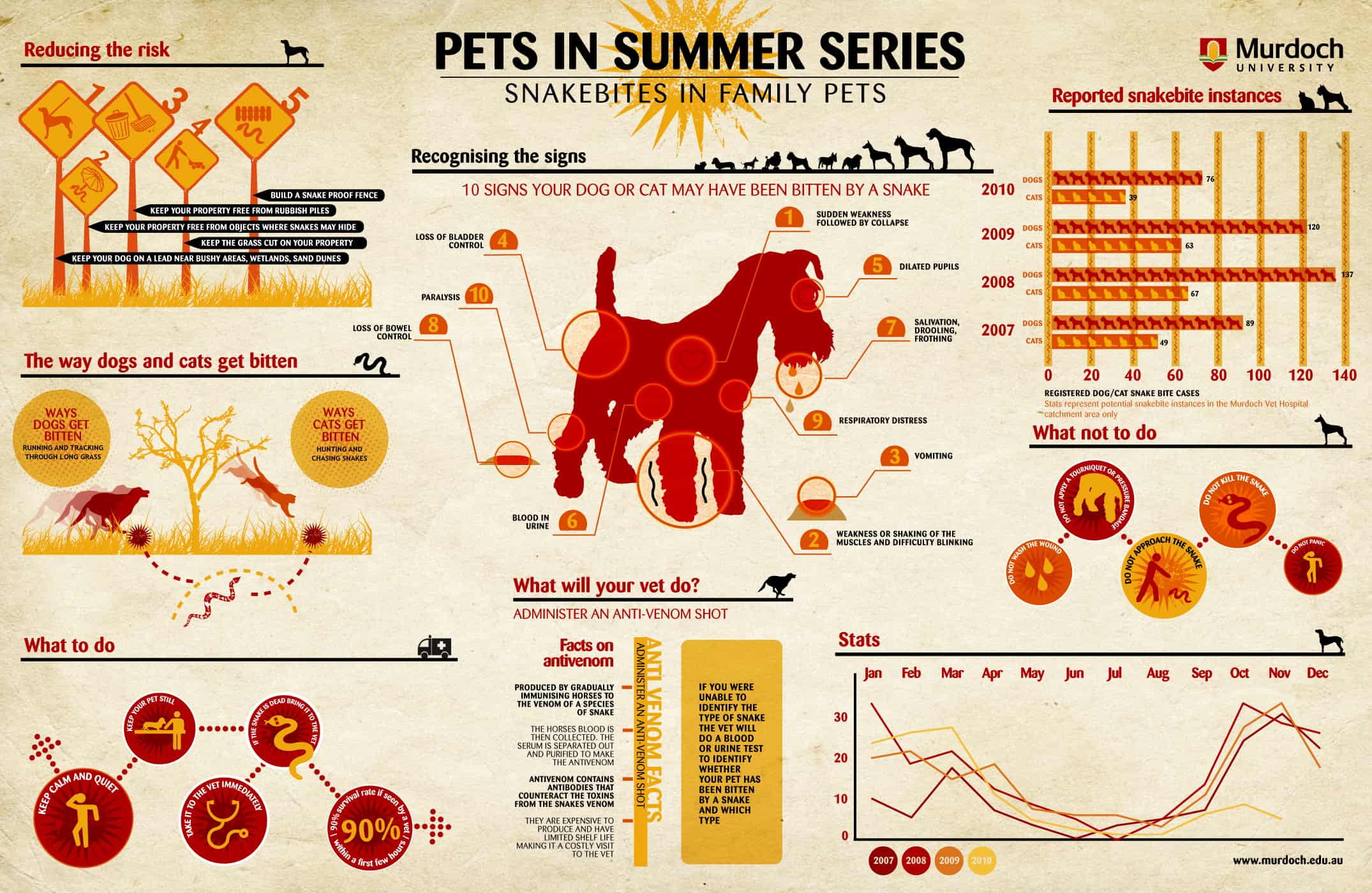How To Know If Dog Likes Daycare
How To Know If Dog Likes Daycare
Blog Article
What Vaccinations Are Required For Dog Daycare?
Whether your canines hang out at childcare or boarding centers, they require to be current on every one of their called for inoculations. Core vaccinations consist of Bordetella, rabies and DA2PP, which defend against usual conditions that pets are revealed to when in close contact with others.
Non-core injections consist of canine influenza and leptospirosis shots. These are suggested for puppies that join various other dogs frequently.
Core Vaccines
As a crucial part of preventative treatment, pet dog vaccines help keep canines secure from transmittable illness transmitted via straight get in touch with or polluted surfaces. Vaccines boost the body immune system to develop antibodies that fight condition, and the majority of veterinarians consider core dog vaccinations to be necessary for all animals.
Rabies
Most reputable pet dog childcare centers require that your pet dog be up to date on their rabies vaccination. Inoculations are provided to young puppies as very early as 12-16 weeks old, and boosters are needed every 3 years or two until adulthood. Rabies is a fatal viral condition that spreads out with saliva, generally from attacks. A lot of states need rabies inoculations for all pets and cats, and some even mandate rabies boosters for family pet proprietors.
Distemper/Parvovirus/Adenovirus (DHPP).
This combination injection covers canine distemper, parvovirus, liver disease, and adenovirus, every one of which are very contagious. Most veterinary offices provide DHPP injections as one shot or in a collection of 2 to 4 shots, offered 2-4 weeks apart, complied with by an annual booster. This injection is a demand for many boarding and doggy childcare facilities, as well as several groomers.
Bordetella/Canine Parainfluenza Vaccine.
Bordetella bronchiseptica, commonly known as kennel dallas dog daycare and boarding cough, is a very contagious respiratory infection caused by the bacteria that causes the disease. Signs and symptoms consist of relentless coughing, sneezing, nasal discharge, and high temperature. Most kennel coughing episodes happen in congested atmospheres, such as daycare or boarding facilities, and are especially common in warmer climate. This vaccination is a need for a lot of childcare and boarding centers, and is commonly used in a combination with the DHPP vaccine.
Leptospirosis Vaccine.
This is a bacterial condition that spreads out with polluted water, soil, and pee. Infection can create kidney and liver damages, in addition to death, and is transmissible to humans. Most vets will certainly suggest this injection, based on geographic area and way of living of the pet, for pet dogs that spend time outdoors or at boarding facilities, along with some groomers. This injection is normally administered as a series of 2 to four shots, spaced 2-4 weeks apart, with an annual booster needed for a lot of animals.
Lyme Disease Vaccination.
One of the most common tick-borne condition in the USA, Lyme illness is transmitted by the deer tick and can cause fever, joint pain, muscular tissue discomfort, and loss of appetite. The Lyme condition injection protects versus the most prevalent stress of the virus, consisting of the H3N8 and H3N2 stress. Most vet centers advise this vaccination, especially in high-risk locations, such as the Northeast, upper Midwest, Mid-Atlantic, and along the Pacific shore.
Noncore Vaccines.
Other dog injections, while not required for all pet dogs, are suggested based on the pet dog's way of living and geographical location. These include the following:.